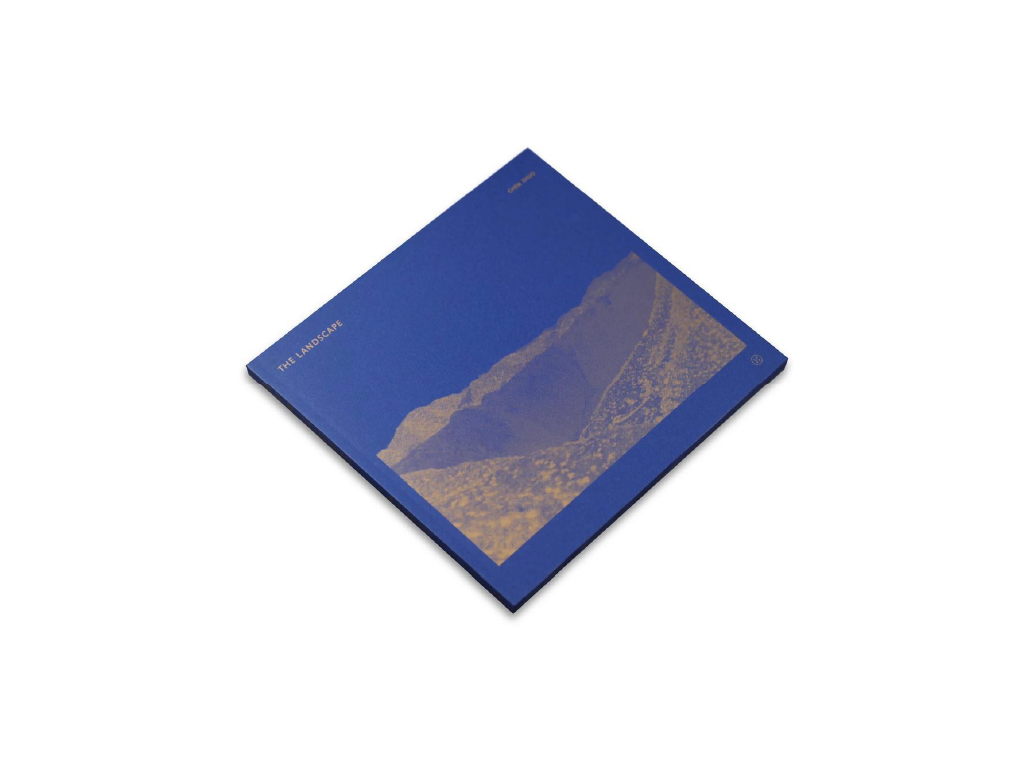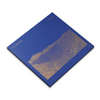












260x240mm | 80頁 | ソフトカバー
出版:Jiazazhi Press (中国)
中国河南省の小さな町で生まれ育ったチェンは、15歳の時に勉学のために町を出てひとりでの生活をはじめました。都会に溶け込むのは非常に難しく、いつも街との距離があると感じていました。経済発展が激しく、都会と田舎のギャップが大きい中国では、チェンのような若者を都会に連れてくる運命にあります。
本シリーズ「The Landscape」は2011年から2017年の間に、チェンがたまに都会を離れた旅で撮ったものです。時折垣間見える、現実を凌駕するような現実に、チェンは夢中になり撮影をはじめました。風景の妙な片隅に隠された「現実」が、撮影対象となりました。心理的にこれらの隅々にある風景には、何らかのエネルギーを投影してます。
チェンの目・カメラと、撮影対象の間にある距離感は、彼自身と奇妙な現実世界の距離感そのものかもしれません。
チェン・ズオ(陈卓・Chen Zhuo)
1987年中国河南省生まれ。現在は鄭州在住。2011年より、景観、人間と自然の間の変化と相互作用に関するプロジェクトに取り組んでいる。最新作では、人間の活動が自然に与える(良い意味でも悪い意味でも)影響から、自然の力そのものまで、彼が最も関心を持っているのは常に風景である。風景を撮影しながら、作家の個人的な疎外感を探っている。
===
Size: 260mm x 240mm
80 pages, Softcover
About the Book
I was born and raised in a small town in Henan Province, China. I left the town to study and live in the city at the age of fifteen, and until now I found
it very difficult to integrate in the city. I always think that there is a distance from the city. When I face the city, I feel most timid and unfamiliar. However, the era is destined to bring young people like me to the city. These photos were taken from 2011 to 2017 on an occasional journey away from the city. I started to become obsessed with the glimpse of the occasional surpassing reality of these realities. These hidden in the strange corner of the landscape became my prey. I believe I psychologically have some kind of energy projected onto the scenery in these corners, that is why I can see and be attracted. The sense of distance between this eye and the interception of the picture, just as it between the bizarre real world and me.
About the Artist
Chen Zhuo, 1987 born in Henan, China. He now lives in Zhengzhou. He has been working on a project regarding landscape and the changes and interaction between human beings and the nature since 2011. What concerns he the most has always been the landscape, from the impact (in a good or bad way) of human activities on the nature to the power of the nature itself in his latest series. Similarly, through the creation of natural propositions, the artist’s self-individual alienation is explored.
